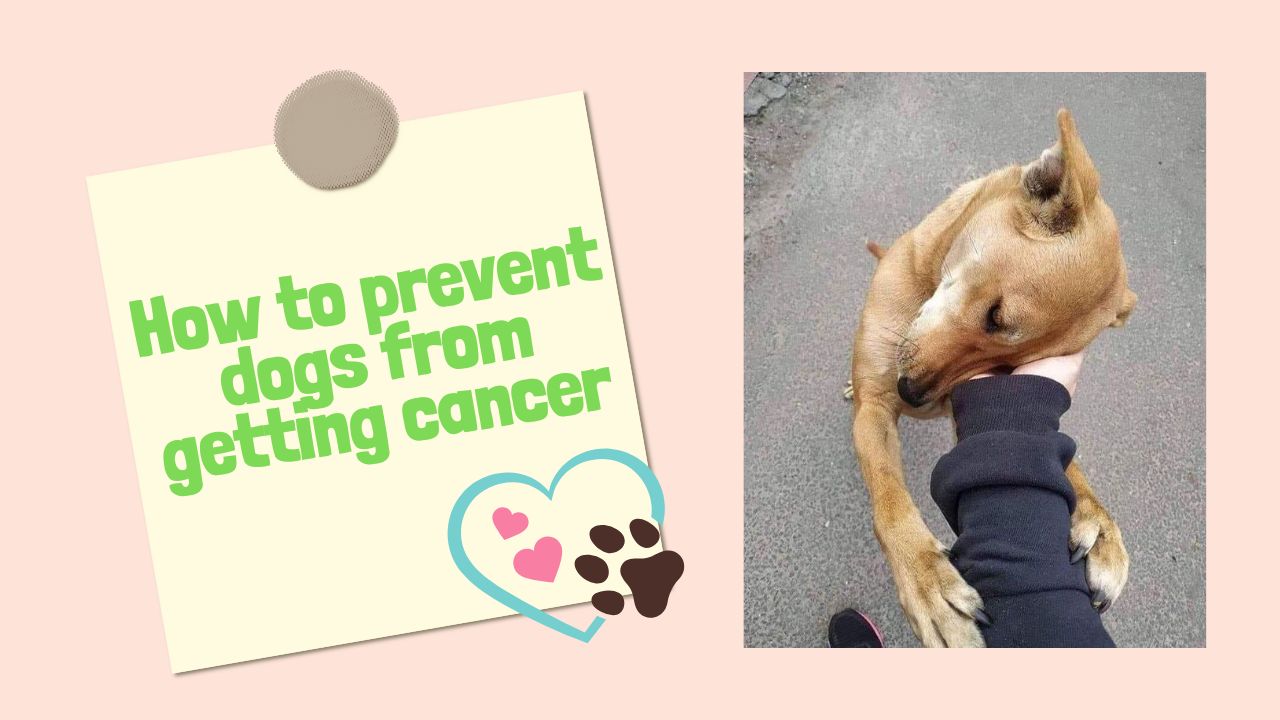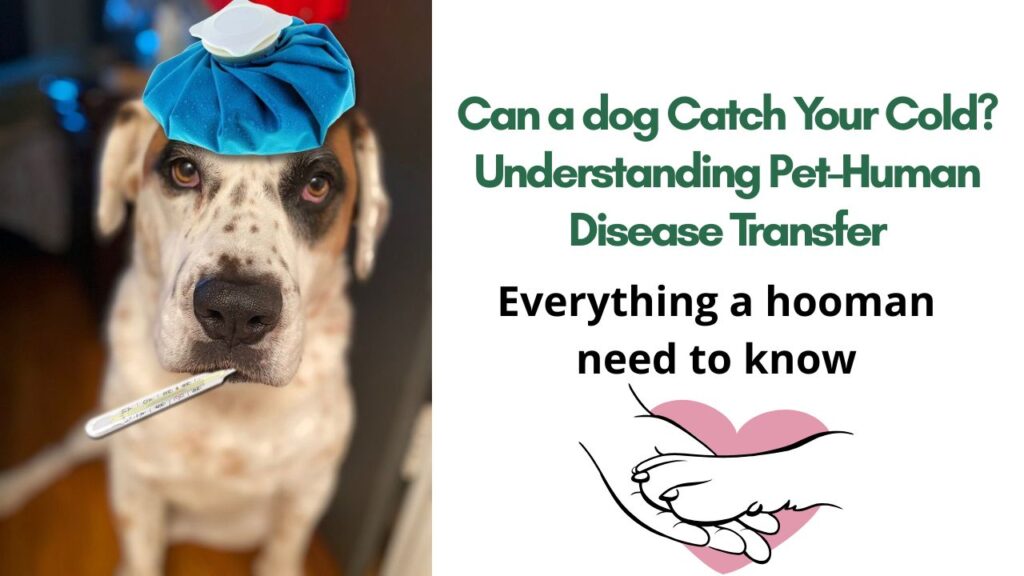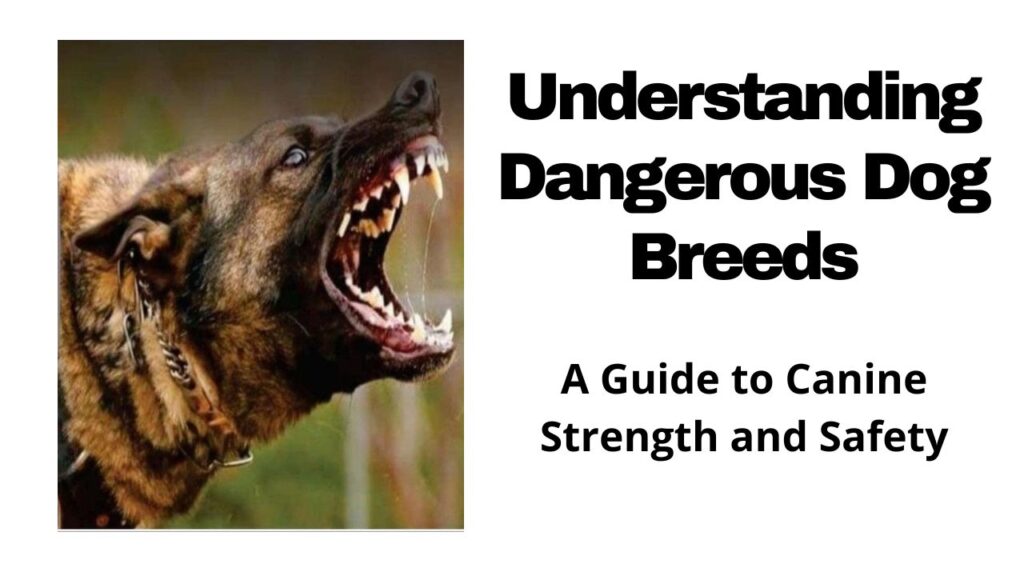Welcome to the Delightful World of Dogs!
As dog lovers, we all want our furry friends to live long, healthy lives. One of the most concerning issues we face is the risk of cancer in dogs. Just like us, our pets can be susceptible to various health problems, including cancer. However, there are several proactive steps we can take to help reduce this risk. In this article, we’ll explore practical strategies that can contribute to your dog’s overall health and well-being.
Nutrition and Diet

A balanced diet is crucial for your dog’s health and can significantly impact their cancer risk. Here are some key components to consider:
Balanced Diet– Feeding your dog a well-balanced diet rich in high-quality proteins, healthy fats, and essential vitamins and minerals is fundamental. Look for dog foods that contain whole ingredients and avoid those with fillers like corn or soy.
Monitor Treats- While treats are a great way to reward your dog, it’s essential to monitor what you give them. Opt for natural treats without artificial preservatives or additives. Consider using fruits and vegetables as healthy alternatives.
Omega-3 Fatty Acids– Incorporating Omega-3 fatty acids into your dog’s diet can provide anti-inflammatory benefits. Fish oil or flaxseed oil are excellent sources of Omega-3s that may help reduce the risk of cancer.
Limit Carbohydrates– High carbohydrate diets can lead to obesity, which is a risk factor for various health issues, including cancer. Focus on protein-rich foods while limiting unnecessary carbohydrates.
Avoid Processed Foods– Processed foods often contain harmful preservatives and additives that can negatively affect your dog’s health. Aim for fresh, whole foods whenever possible.
Hydration– Always ensure your dog has access to fresh water. Proper hydration supports overall health and helps maintain bodily functions.
Regular Exercise
Just like nutrition, regular exercise plays a vital role in keeping your dog healthy and reducing cancer risk.
Daily Activity– Engaging your dog in daily physical activities not only helps maintain a healthy weight but also promotes overall well-being. Aim for at least 30 minutes of exercise each day.
Variety in Activities– Mixing up activities keeps things interesting for your dog. Consider walks, runs, fetch games, or even agility training to keep them physically and mentally stimulated.
Spaying/Neutering– Spaying or neutering your dog can significantly reduce the risk of certain types of cancers, particularly reproductive cancers. Consult with your veterinarian about the best timing for these procedures.
Regular Check-Ups– Routine veterinary check-ups are essential for early detection of any potential health issues, including cancer. Regular screenings can help catch problems before they become serious.
Environmental Factors
Your dog’s environment can significantly influence their health and cancer risk.
Minimize Sun Exposure– Excessive sun exposure can lead to skin cancer in dogs, especially those with light-colored fur. Provide shade during hot days and consider using pet-safe sunscreen on exposed skin.
Avoid Secondhand Smoke– Just like humans, dogs can be affected by secondhand smoke. Avoid smoking around your pets to reduce their exposure to harmful chemicals.
Limit Exposure to Chemicals– Be mindful of chemicals in household cleaners, pesticides, and lawn treatments. Opt for natural alternatives whenever possible to create a safer environment for your dog.
Monitoring Health
Keeping an eye on your dog’s health is crucial for early detection of any issues.
Weight Management -Maintaining a healthy weight is vital in preventing obesity-related diseases, including cancer. Regularly monitor your dog’s weight and adjust their diet and exercise accordingly.
Behavioral Observations– Pay attention to any changes in behavior or habits that may indicate health problems. Early detection is key in addressing potential issues before they escalate.
Mental Stimulation
Mental health is just as important as physical health for dogs.
Engaging Toys and Games– Provide toys that challenge your dog’s mind. Puzzle toys or interactive games can keep them engaged and mentally stimulated.
Training Sessions– Regular training sessions not only reinforce good behavior but also stimulate your dog’s mind. Teaching new tricks or commands can be both fun and beneficial for their mental well-being.
What Are the Best Foods to Feed My Dog to Reduce Cancer Risk?
The right diet can play a significant role in reducing cancer risk.
Regular Grooming– Regular grooming helps keep your dog clean and reduces the risk of skin infections that could lead to more severe issues.
Ear Cleaning– Keeping your dog’s ears clean is essential for preventing infections that could compromise their overall health.
Love and Attention
Providing love and attention is equally important for your dog’s emotional well-being.
Bonding Time– Spend quality time with your dog through playtime or cuddling sessions. This strengthens your bond and contributes positively to their mental health.
Daily Health Checks– Take a few minutes each day to check on your dog’s behavior, appearance, and overall well-being. This routine helps you notice any changes early on.
How Does Spaying or Neutering Affect Cancer Risk in Dogs?
Spaying or neutering plays a significant role in reducing the risk of certain cancers:
- Females: Spaying eliminates the risk of uterine infections and reduces the chances of mammary tumors.
- Males: Neutering decreases the likelihood of testicular cancer and reduces prostate issues later in life.
Consult with your veterinarian about the best practices regarding spaying/neutering based on breed and age considerations.
Are There Specific Breeds More Prone to Cancer?
Certain breeds are genetically predisposed to higher cancer risks:
- Golden Retrievers: Prone to lymphoma.
- Boxers: Higher incidence of mast cell tumors.
- Bernese Mountain Dogs: Increased risk of histiocytic sarcoma.
- Scottish Terriers: More likely to develop bladder cancer.
- Rottweilers: Susceptible to osteosarcoma.
These breeds require extra attention regarding preventive care due to their genetic predispositions.
Common Questions Asked About Preventing Dogs from Getting Cancer
- Can diet really prevent cancer in dogs?
Yes, a balanced diet rich in nutrients can help reduce cancer risks significantly. - How often should I exercise my dog?
Aim for at least 30 minutes of exercise daily. - Are there specific supplements I should give my dog?
Omega-3 fatty acids are beneficial; consult with a vet for personalized recommendations. - What signs should I look out for?
Changes in appetite, weight loss, unusual lumps or bumps should be monitored closely. - Is grooming important?
Yes! Regular grooming helps maintain skin health and detect any abnormalities early. - Do all breeds have the same cancer risks?
No, certain breeds are more prone due to genetics. - How does stress affect my dog’s health?
Chronic stress can weaken the immune system; ensure they have a calm environment. - Can I use human food as treats?
Some human foods are safe; however, avoid toxic foods like chocolate or grapes. - What role does hydration play?
Proper hydration supports overall health; always provide fresh water. - When should I take my dog for check-ups?
Regular vet visits at least once a year are recommended; more frequent visits may be necessary for older dogs or those with existing conditions.
When to See a Doctor
Recognizing when it’s time to seek veterinary care is crucial:
- Symptoms: Persistent vomiting, diarrhea, lethargy, sudden weight loss, difficulty breathing, unusual lumps or swelling.
- Emergency Aid: If you suspect poisoning or severe injury while en route to the vet:
- Keep the dog calm.
- Apply pressure on bleeding wounds using clean cloths.
- If they are unconscious but breathing, place them on their side.
Always consult with a veterinarian immediately if you notice concerning symptoms or behaviors in your pet.
Conclusion
Taking proactive steps towards preventing cancer in dogs involves a combination of proper nutrition, regular exercise, environmental awareness, mental stimulation, love, and attentive care. By implementing these strategies into your daily routine with your furry friend, you not only enhance their quality of life but also significantly reduce their risk of developing serious health issues down the line. Remember that every small effort counts toward ensuring our beloved companions lead happy and healthy lives! As we wrap up this discussion on keeping our dogs safe from cancer risks, I encourage you to share this information with fellow pet owners! Let’s work together towards creating a healthier future for our furry family members! If you found this article helpful or have questions about specific topics mentioned here, feel free to reach out or leave comments below!






